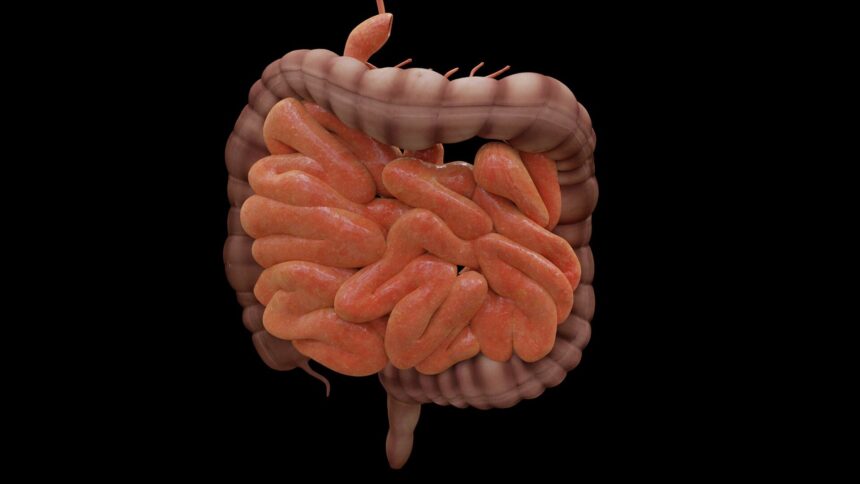Fecal microbiota transplants (FMT) have gained attention as a potential treatment for a range of conditions, including inflammatory bowel diseases, obesity, type 2 diabetes, and autism.
However, a recent study from the University of Chicago has raised concerns about the widespread use of FMT due to the potential for long-lasting, unintended health consequences for recipients. The study, published in Cell, found that the transfer of microbes from a healthy donor to a sick recipient can lead to regional microbiota mismatches, causing persistent off-target effects on the host.
FMT involves transferring microbes from the colon of a healthy individual to the digestive system of a sick individual in the hopes of restoring a healthy balance in the gut microbiome. However, the study discovered that anaerobic microbes from the colon can colonize the small intestine and other parts of the digestive system, leading to changes in the recipient’s metabolism, behavior, and energy balance.
Lead author Orlando (Landon) DeLeon, Ph.D., emphasized the importance of matching regional microbiota to their proper environments for optimal health benefits. He highlighted the need for caution in the use of FMT and suggested considering an “omni-microbial” approach, where microbes from all regions of the intestine are transferred to ensure proper colonization.
The study’s senior author, Eugene B. Chang, MD, stressed the need for a better understanding of the long-term effects of FMT before widespread implementation. He proposed the use of OMT as a safer alternative, where microbes naturally settle in the appropriate regions of the gut.
Moving forward, DeLeon plans to continue researching the influence of different microbes in different parts of the intestine and explore ways to restore gut regions affected by microbiota mismatches. By gaining a deeper understanding of these processes, researchers hope to improve the application of microbial transplants and maximize their potential benefits.
In conclusion, while FMT shows promise as a treatment option, it is essential to proceed with caution and consider alternative approaches like OMT to ensure the safe and effective use of microbial transplants. The study’s findings underscore the need for further research to optimize the therapeutic potential of FMT and minimize the risk of unintended health consequences for recipients.








